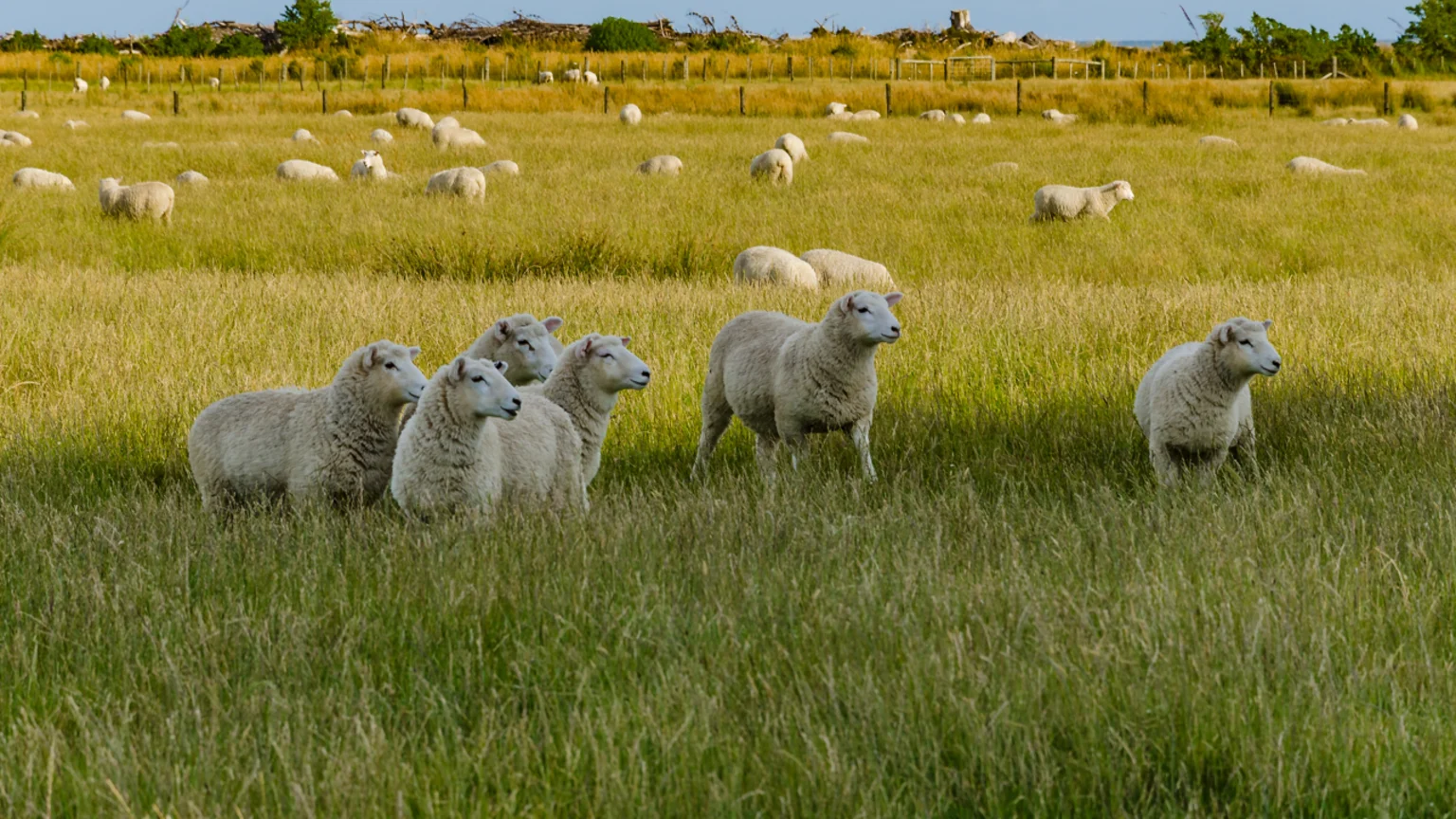Rural
Kiwi scientists crowned climate heroes with environmentally friendly sheep

Published by Jayden Holmes
17 Nov 2023
In a groundbreaking feat, a team of innovative researchers from AgResearch has bagged the prestigious Pickering Medal for their revolutionary work in breeding sheep that emit significantly less methane. These eco-friendly sheep not only promise to make a dent in New Zealand's ambitious greenhouse gas reduction targets but also provide a ray of hope for the global battle against climate change.
Dubbed the 'Low Methane Sheep Breeding Team,' these scientific wizards have cracked the code to measure individual sheep's gas output, identified genetic and microbiological markers for low methane production, and successfully bred a flock that not only belches less but also delivers top-notch meat and wool. Leading the charge, Dr Suzanne Rowe expressed the team's excitement.
"We've not only created climate-friendly sheep but a blueprint for reducing agricultural emissions worldwide," she said.
The team's breakthrough comes at a crucial time as New Zealand grapples with ways to meet its greenhouse gas emissions target of 24-47% less methane by 2050. Unlike other approaches currently under consideration, the breeding of lower methane-emitting ruminants presents a permanent and cumulative solution.
In a feat that has the agricultural world buzzing, the researchers have demonstrated that after just three generations of breeding, the low-methane sheep produced nearly 13% less methane per kilogram of feed compared to their high-emitting counterparts. It's not just talk; it's tangible, measurable progress.
But how did they do it? Dr John McEwan, the team's animal genetics and genomics expert, shed light on their methods.
"We strategically developed our elite 'research flock 2638' over three decades, enhancing specific traits that contribute to lower emissions. The results speak for themselves – a drop of over 2% in methane emissions in 2021 alone."
The real magic happens when you bring together brilliant minds. Dr. Petrus (Peter) Janssen and Dr. Graeme Atwood, experts in the rumen microbiome and methane production, respectively, joined forces with Rowe and McEwan. Their collaboration, supported by a team of diverse scientists and engineers at AgResearch, has resulted in over 50 peer-reviewed papers on low-methane sheep.
These climate champions aren't just about fancy titles and medals; they're about impact. The researchers estimate that integrating their low-methane breeding trait into New Zealand's entire sheep flock could annually reduce methane by 0.5 to 1%, with ongoing reductions through continued breeding efforts.
Published by Jayden Holmes
17 Nov 2023